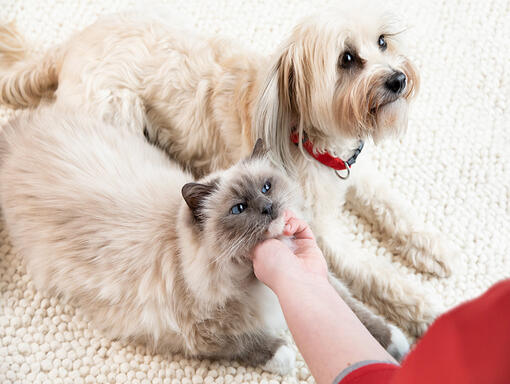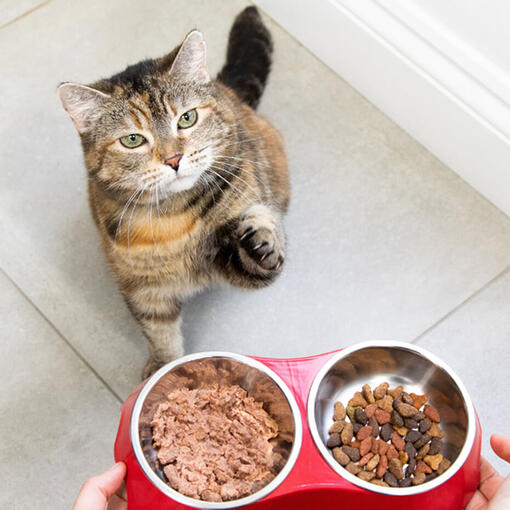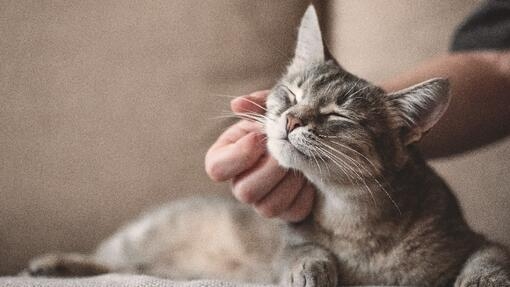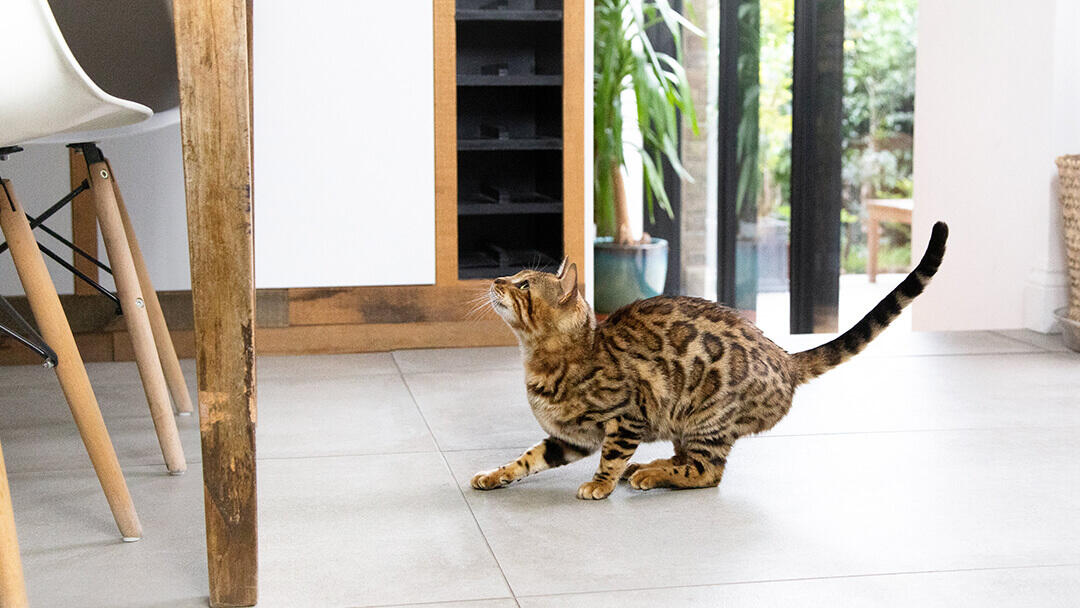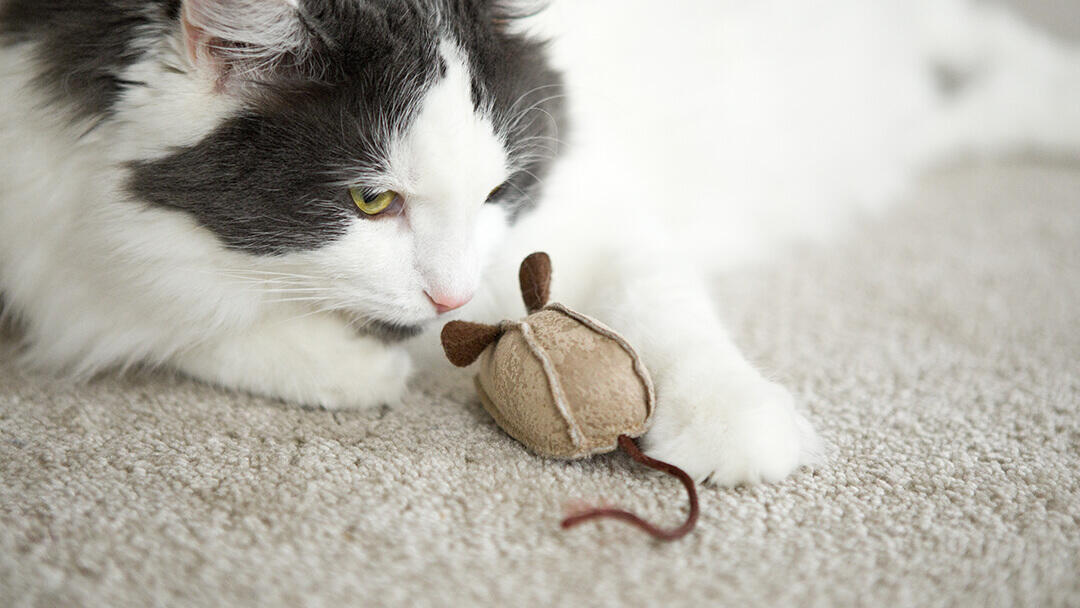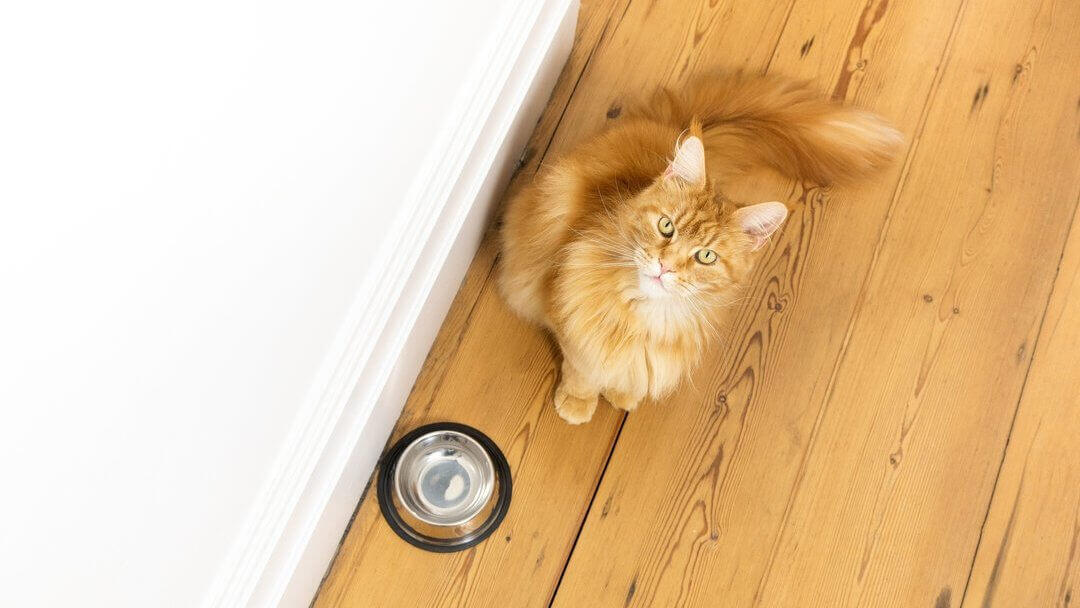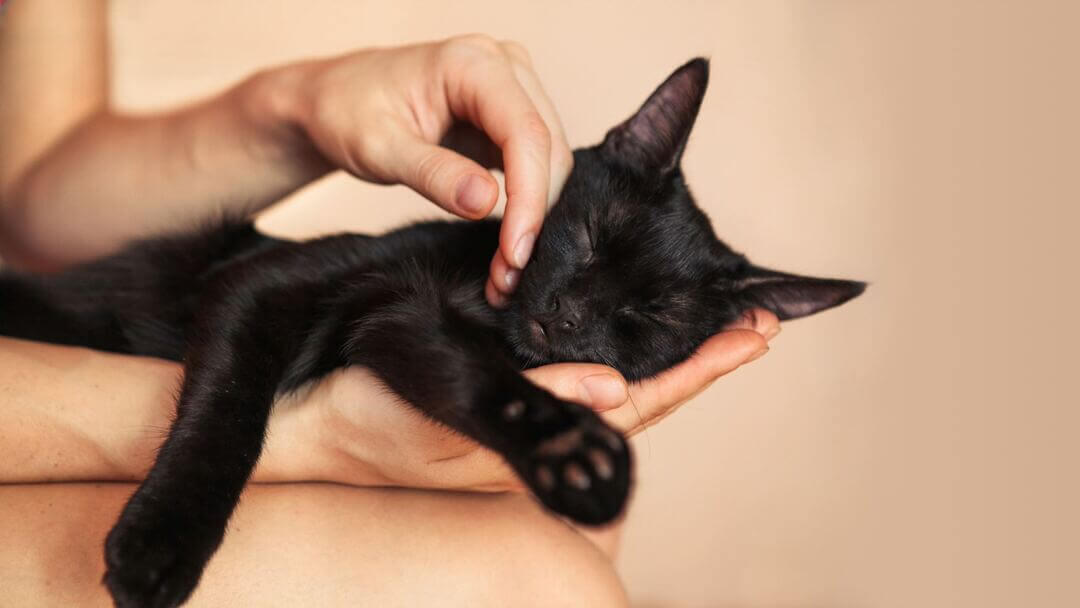
If your cat is displaying behaviour that you are finding difficult to handle, it may be time to call in a cat behaviourist. Find out all you need to know about how to find a reputable behaviourist, what to expect from your first appointment and more in this guide.
What is a cat behaviourist?
A cat behaviourist is a professional who works with you and your cat to understand and resolve or better manage certain behaviours they’re displaying.
Often, they deal with difficult behaviours such as aggression, predation, overgrooming and going to the toilet in areas they shouldn’t around the house, but they can also advise on less serious issues too such as furniture scratching or destroying soft furnishings.
How to find a cat behaviourist
Most cat behaviourists work on vet referral so if you’re seeking help with your feline, this is a good place to start. Any behaviour that starts suddenly could have a clinical cause as so we would advise you see a veterinary professional first to rule out any possible health concerns that could be related to their undesirable behaviour.
It’s not a good idea to go to a cat behaviourist that hasn’t been referred to you by your vet or isn’t a member of a reputable behaviour organisation. There are many people making claims to be a pet behaviourist, but they may not have the right qualifications or experience. By going through your vet, you’ll ensure that they’re registered with the right bodies, certified as a pet behaviourist and fully qualified to treat your pet.
Once you’ve received your referral, you may want to check out your recommended behaviourist’s website (if they have one) and read testimonials and reviews to ensure that they’re a good fit for you and your cat.
What happens at a cat behaviourist appointment?
This will depend on the behaviourist and how they prefer to work. Since the pandemic many cat behaviourists now work solely online – with the advantage that your cat won’t be stressed by having a strange person in your home and so will be more likely to show their usual behaviour.
They may also ask for floor plans, videos, photos and details of daily routine.
Some however may prefer to visit your home – and meet you and your cat in person.
During the appointment, they’ll talk to you about your cat to get an understanding of their history, overall health and ask you about their behaviour and what in particular is concerning you. Once they’ve got to grips with the issue, they’ll provide tailored advice and instructions for you to follow, usually in the form of a written report. This advice may include things such as increased enrichment opportunities, changes to your home, or new routines to try.
As most cat behaviourists work in tandem with your vet, they’ll likely send a copy of the written report to them too and if necessary, work with them to see if there’s anything they can advise from a medical standpoint. For example, if your cat’s feeling particularly stressed, they may prescribe medication to help calm them down. After your first visit, your cat behaviourist will usually arrange a follow up appointment to check in on your progress.
How much does a cat behaviourist cost?
The price of a cat behaviourist can vary depending on their experience and region. It’s worth bearing in mind that many cat insurance policies now cover consultations with behaviourists, so you should check to see if this is covered with your policy. That’s our guide to cat behaviourists! Want to find out more about your cat’s unique behaviour?
Explore our cat brands:
